Emancipatory Research as a participatory approach to foster inclusion of women with disabilities in Palestine
Location West Bank (Palestine)
Duration August 2015 – January 2016
Project leader EducAid
Partners RIDS (“Rete Italiana Disabilità e Sviluppo”), General Union of Persons with Disabilities (Bethlehem and Hebron sections), Stars of Hope, and Asswat.
Funding Ministry of Foreign Affairs (AICS)
Context
People with disabilities face several obstacles on a daily basis: limited access to quality services, a hostile social environment, poor employment opportunities, and exclusion from social and cultural life. Discrimination against disabled women is especially pronounced, which makes them one of the most vulnerable and marginalized groups in Palestinian society.
General objective
The project aims at promoting the empowerment of people with disabilities, with special emphasis on encouraging the inclusion of disabled women by strengthening the Organizations of Persons with Disabilities.
Our contribution
In the Palestinian context, Emancipatory Research was carried in two groups of women with disabilities and one composed of mothers of people with disabilities. The women involved took part in the identification of well-being dimensions that play a major role in their lives, as well as of the hindering factors preventing them to equally participate in society. The identification of causal relationships among barriers represented the starting point to identify the research questions.
The three groups developed three distinct research protocols that can be summarized as follows:
Bethlehem / Hebron Group: the research focused on inclusion of women with disabilities on the job market and on the transition from education to employment. The group conducted a quantitative survey, during which 200 working age women have been interviewed.
Ramallah Group: the group focused the research on the relation between women with disability and their families. Wishing to analyse gender in a comparative perspective, we opted for conducting life-course interviews to both women and men with disability. Focus groups discussions with relatives of people with disabilities have been conducted as well.
Nablus group: the group consisted of female care-givers (i.e. mothers of persons with disabilities), who represented the subject of the research. In particular, the use of time has been analysed by applying a quantitative methodology. During the survey, the women from Nablus interviewed 160
mothers of persons with disabilities.
ARCO partcipated by:
- Creating data collection tools (questionnaires, interviews, and data entry), training three groups of women on their use, and assisting them in the data collection process
- Drawing up the final report
- Disseminating the results
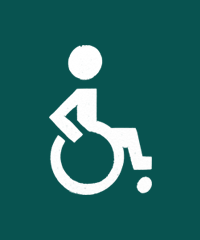 Emancipatory Research, empowering social groups at risk of marginalization
Emancipatory Research, empowering social groups at risk of marginalization
Read more on our Inclusive Development Unit
Related Projects
-

Betting on the Future: Youth and Territory in the Empolese Valdelsa Municipalities
-
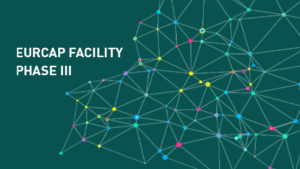
Capacity Building European Facility for the Readmission of Migrants – EURCAP, Final Evaluation
-
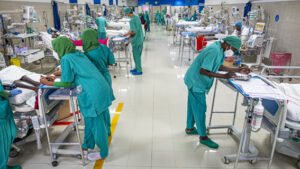
Final evaluation and SROI analysis of the project to train health personnel at the Salam Centre in Khartoum
-
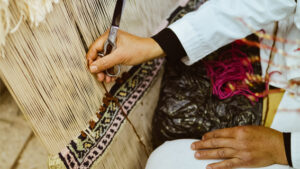
Action-research to foster the employment inclusion of persons with disabilities in Tunisia
-
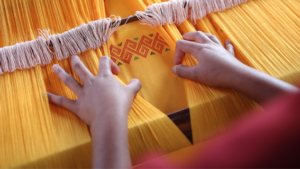
What Women Want: women’s empowerment and aspirations in MENA countries.
-

Exploratory research on accessibility of health services in Mozambique
-

Action-Research to foster labour accessibility for young people with disabilities in Kenya
-
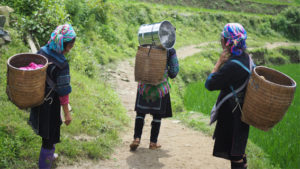
Evaluation of the project that aims to improve the health of the most vulnerable in Myanmar
-
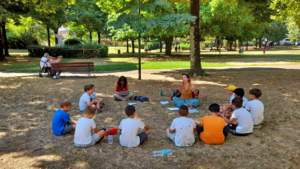
Action-Research for the Global Boyhood Initiative on stereotypes, gender roles and bullying
-
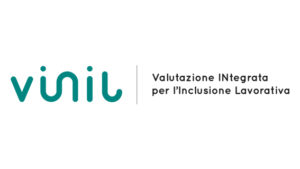
VINIL – employability assessment for persons with disabilities
-

Food Wave, Monitoring the project that promotes sustainable food consumption among young Europeans
-
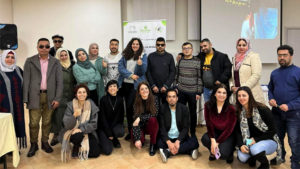
Nothing About Us Without Us: Emancipatory Research and Strategic Plan on disability in Palestine
-
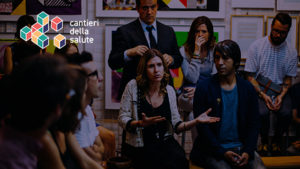
Monitoring and evaluation of the participatory processes of Cantieri della Salute in Tuscany
-

Market analysis to foster employment of young people in Mali
-
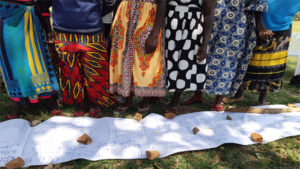
Action – Research to foster community health insurance for women in Sédhiou, Senegal
-
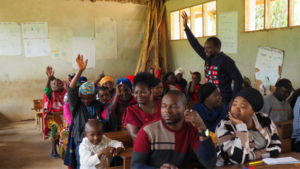
No One Left Behind: an Emancipatory Research for young people with disabilities in Tanzania
-
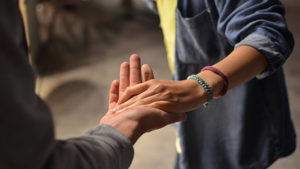
Social Board a model to contrast social exclusion, the case of Prato
-
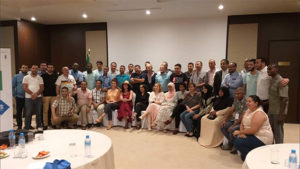
CapDeL: Incubation process for associative projects in Algeria
-

CapDeL: la ricerca al servizio dello sviluppo locale sostenibile in Algeria
-
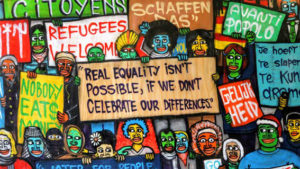
Evaluation of the SPRAR projects managed by ARCI Toscana
-

Need assessment to foster social inclusion in Tuscany
-
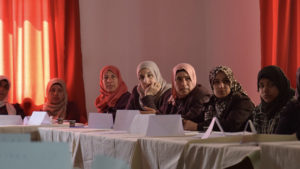
Promoting inclusive business and social entrepreneurship in Palestine
-

Final Evaluation of CBR Programme on disability and rights of persons with disabilities in Mongolia
-
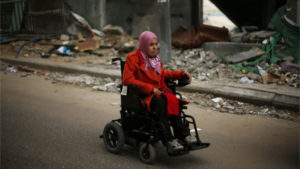
Emancipatory Research as a participatory approach to foster inclusion of women with disabilities in Palestine
-
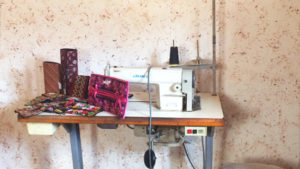
Research and consultancy for the inclusion of women with disabilities in the Gaza Strip
-
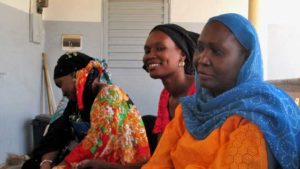
Action-Research for gender mainstreaming development in Senegal